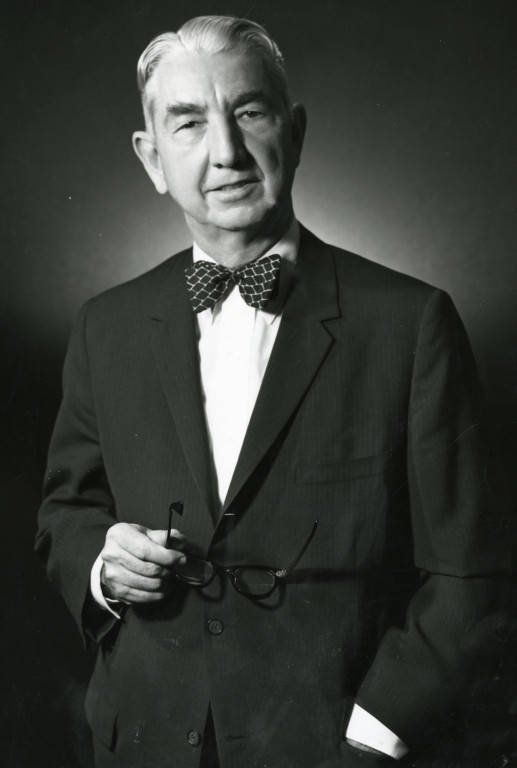Chandler v. Fretag
Case Overview
CITATION
348 U.S. 3 (1954)
ARGUED ON
October 18, 1954
DECIDED ON
November 8, 1954
DECIDED BY
Legal Issue
Did the trial court’s refusal to grant a continuance for Chandler to obtain counsel violate his right to Due Process under the Fourteenth Amendment?
Holding
Yes, defendants must be given a reasonable opportunity to employ and consult with counsel.
Tennessee Supreme Court building photographed on May 7, 1946 | Credit: Tennessee Department of Conservation Photograph Collection
Background
On March 10, 1949, Chandler was indicted on charges of housebreaking and larceny, which was punishable by a sentence of three to ten years. Chandler, who was indigent, initially chose to appear without counsel. At the trial, upon learning of the additional charge under Tennessee’s habitual criminal statute, he requested a continuance so that he could obtain counsel to defend against the more severe habitual criminal accusation, which carried a possible life sentence. The trial judge denied this request, and the trial proceeded without giving Chandler the opportunity to secure counsel.
Chandler’s trial lasted approximately 10 minutes, at the end of which he was found guilty of both charges against him. Chandler was given a life sentence, but after serving three years on his larceny conviction, he filed a petition for habeas corpus in a Tennessee court. Chandler’s petition argued that his conviction under Tennessee’s habitual criminal statute was unconstitutional because he had been denied the right to counsel. The Tennessee courts denied his habeas corpus petition, upholding the conviction by arguing that Chandler had effectively waived his right to counsel by not securing representation for his initial charges and that the habitual criminal charge did not constitute a separate offense but merely a penalty enhancement. The Supreme Court then granted certiorari.
Summary
Unanimous decision for Chandler
Chandler
Fretag
Frankfurter
Reed
Warren
Minton
Douglas
Black
Clark
Burton
Opinion of the Court
Writing for the Court, Chief Justice Earl Warren held that “a defendant must be given a reasonable opportunity to employ and consult with counsel; otherwise, the right to be heard by counsel would be of little worth.” Warren pointed out that while the Tennessee law did not automatically entitle Chandler to appointed counsel, the denial of his request for a continuance to obtain his own counsel upon learning of the habitual criminal charge constituted a violation of his due process rights under the Fourteenth Amendment. Warren emphasized that the right to be heard by counsel is essential, and without it, a trial could proceed on improper grounds, with the defendant unable to competently challenge the evidence or present a structured defense.
Warren rejected the argument that Chandler had waived his right to counsel on all charges when he initially chose against obtaining representation for the larceny charges. Warren explained that while they may be tried together, the charges are still independent of each other. He wrote, “[b]y denying petitioner any opportunity whatever to obtain counsel on the habitual criminal accusation, the trial court deprived him of due process of law as guaranteed by the Fourteenth Amendment.”








